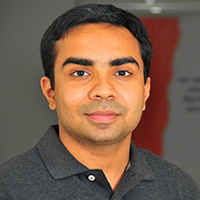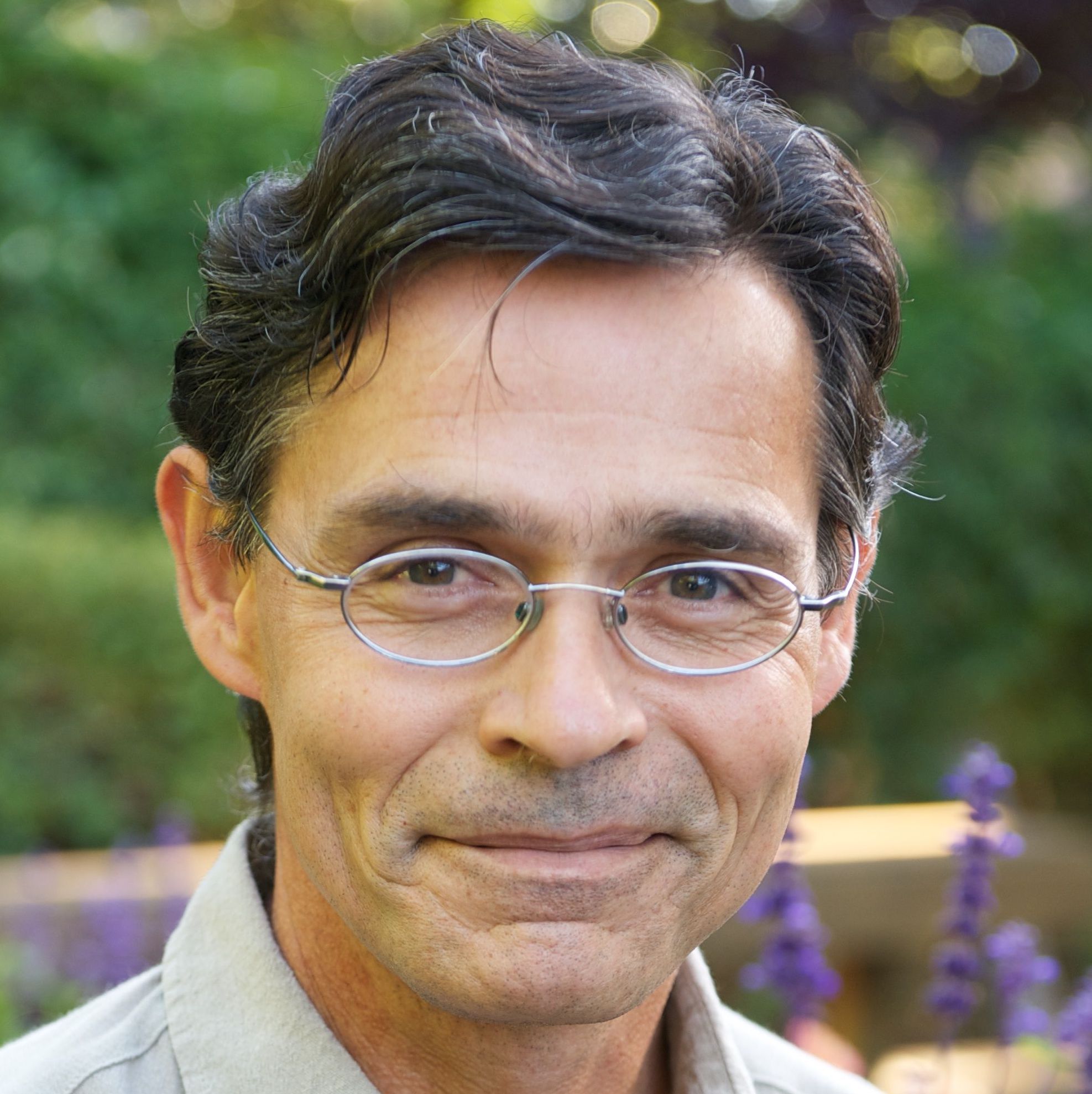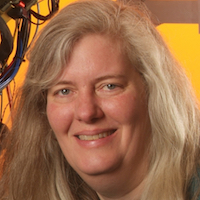Content Generation for Workforce Training
March 14-15, 2019
Georgia Tech Hotel and Conference Center
800 Spring St NW, Atlanta, GA, USA
Event Contact
Ann Drobnis
adrobnis@cra.org
Event Type
2019 Events, 2019 Visioning Activities
Event Category
The CCC held a visioning workshop in Atlanta, GA in March 2019 to discuss and articulate research visions for authoring rich graphical content for new workforce training. The workshop’s goal was to articulate research challenges and needs and to summarize the current state of the practice in this area. This workshop is in response to growing needs in the field and new research programs such as the National Science Foundation (NSF) Future of Work at the Human-Technology Frontier: Advancing Cognitive and Physical Capabilities (FW-HTF).
Historically, materials such as books and movies were used in addition to hands-on experiences for education and practical training. Increasingly, various other types of computer generated media have been developed. Computer-driven simulators and augmented/virtual reality experience have been used in place of or as a complement to hands-on experiences. Computer networks aid in the rapid dissemination of these materials and frameworks. However, the authoring of this material is still a time-consuming process requiring specialized computing skills. The goal of this workshop is to examine how computational methods for content authoring can be revolutionized to allow educators to focus only on pedagogical and application specific issues in preparing new education and training materials. By simplifying the authoring of content, materials can be prepared more rapidly. The iterative improvement of materials can be enabled/enhanced. Further, by freeing educators from extraneous concerns, materials of higher quality can be prepared.
This CCC workshop will gather researchers in a variety of computer disciplines related to content creation, and practitioners in workforce training. Specifically:
Researchers in Content Authorship: These workshop participants include computer science researchers in human computer interaction, computer graphics, multimedia, robotics, and data/information visualization.
Researchers in Educational Technology: These workshop participants include researchers who study how to best use existing and emerging technologies in education and training, specifically on practical issues in industry training and how to assess its effectiveness.
Producers of Educational/Training Materials: These workshop participants include both producers of media including small companies and educators (e.g. community colleges, cooperative extension services).
Consumers of Education and Training: These workshop participants include representatives from various sectors – manufacturing, service and government – who need frequent workforce training and education.
March 14, 2019 (Thursday)
| 07:30 AM | BREAKFAST | Conference Seven |
| 08:30 AM | Opening Remarks and Introductions | Conference Four |
| 09:00 AM | Part I- State of Education/Training Technology Research
| Conference Four Presentations by Educational Technology researchers about the current cutting edge in incorporating technology in lifelong/workplace (rather than K-12 or university) education. 1. Carolina Cruz-Neira, University of Arkansas -“Is VR the Future of Education?” |
| 09:45 AM | BREAK | Conference Break Station |
| 10:00 AM | Part II- State of Education/Training in Practice
| Conference Four Presentations by Consumers of Education and Training on programs that exist today, and challenges they face. Presentations by Producers of Educational/Training Materials of the demand they see, and the tools they use. 1. Chuck Spangler, SCMEP |
| 11:45 AM | LUNCH | Conference Seven |
| 12:30 PM | Part IV- High-level views of the challenges
| Conference Four Virtual- and Augmented-Reality based Workforce Development Platforms for Robotics-enabled Advanced Manufacturing Environments: A Perspective from the Advanced Robotics in Manufacturing Institute
Combining the Virtual and Physical Worlds in Synthetic Learning Environments for Advanced Skill Training: Application, Adoption and Content Development
|
| 01:30 PM | Part V- Case Studies of applying VR/AR to training
| Conference Four Virtual and Augmented Reality Enabled Personalized Manufacturing
The Challenges and Opportunities of Designing AR to Support Complex Problem Solving Case Study in VR Content Generation for Clemson University Center for Workforce Development
|
| 02:30 PM | BREAK | Conference Break Station |
| 03:00 PM | Part VI -- Research on Methods specifically aimed at Training
| Conference Four Omnidirectional Cinemagraphs for Safety Training
Ad hoc Allocentric AR-Based Team Training with Human-in-the-Loop Avatars and Aware/Influential Agents Creating Novel VR Tools for Spatial Design Training via Learning from Human
See their slides here-Yu, Weiss, Mousas |
| 04:00 PM | Open Discussion | Conference Four |
| 04:30 PM | Demo Field Trip |
| 06:30 PM | DINNER | Ecco Midtown Restaurant (40 7th St NE, Atlanta, GA) |
March 15, 2019 (Friday)
| 07:30 AM | BREAKFAST | Conference Seven |
| 08:30 AM | Recap Day 2 | Conference Four |
| 09:00 AM | Part VII- Comparisons and Setting an Agenda | Conference Four |
| 10:00 AM | BREAK | Conference Break Station |
| 10:30 AM | Breakout Groups / Report Outlining | Conference Four |
| 11:45 AM | Report Back | Conference Four |
| 12:00 PM | LUNCH | Conference Seven |
| 01:00 PM | Report Writing | Conference Four |
| 02:00 PM | Meeting Ends |
Organizing Committee:
Kapil Chalil Madathil, Clemson University |
Tony Derose, Pixar |
Jessica Hodgins, Carnegie Mellon University |
Blair Macintyre, Georgia Tech and Mozilla |
Beth Mynatt, Georgia Tech |
Holly Rushmeier, Yale University |






